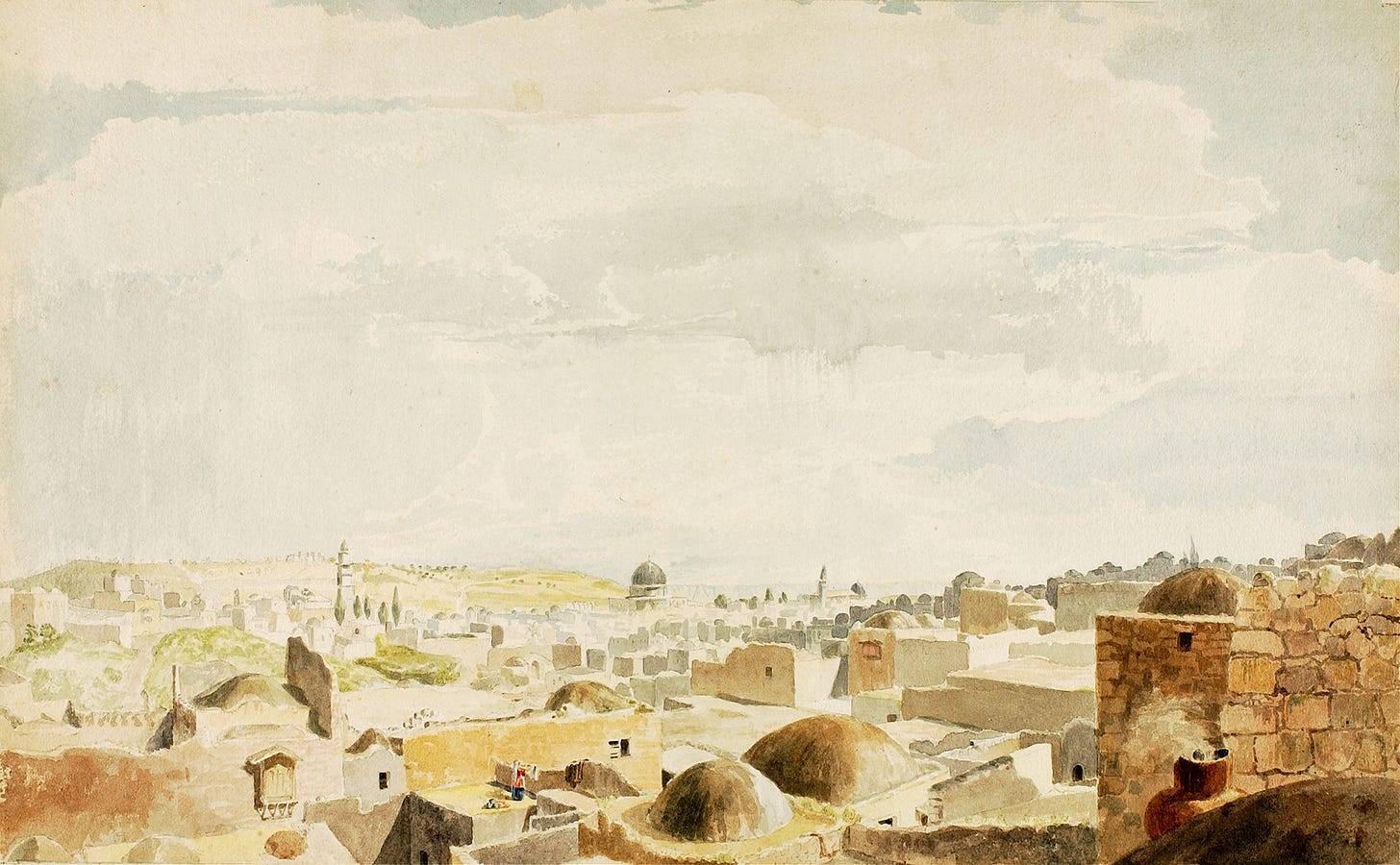As part of our launch on Substack, we’re thrilled to share this fascinating guest essay from the political theorist David Polansky. This piece, like everything we publish, aims to explore the sources of our deepest differences—and the example of Israel, past and present, illustrates these tensions powerfully. In case you missed them, earlier this week, …
Keep reading with a 7-day free trial
Subscribe to Wisdom of Crowds to keep reading this post and get 7 days of free access to the full post archives.




